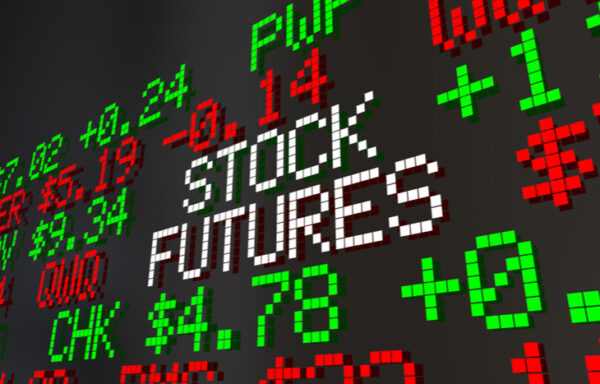How to Prepare Your Portfolio for Disaster
The market initially fell on Friday on the news that President Trump is infected with COVID-19. Making the situation even more serious is that he’s in a high-risk group being overweight and 74 years old.
These kinds of events remind investors, especially those who have gotten spoiled by the long bull market, that stocks sometimes do go down.
But events that rock our world don’t always rock the market…
- The attack on Pearl Harbor led to stock market losses that took a little more than seven months to gain back.
- President Eisenhower suffered a heart attack while in office in 1955. The market slid 6.5%. Six months later, it was up 11.5%.
- The Cuban missile crisis, which is the closest the U.S. and the Soviet Union ever came to war, caused a decline that took just two weeks to make back.
- President Kennedy’s assassination barely caused a ripple in the market, as it was higher the next day.
- When President Reagan was shot on March 30, 1981, the market rallied 7% in the following days, hitting an eight-year high in April.
- The September 11 attacks closed the markets for the rest of the week. It took just 19 days to reclaim the losses – though the existing bear market continued for another six months.
Earlier this year, we saw the S&P 500 slide 35% in one month as the pandemic spread and economies shut down. The market quickly rallied and hit a new high in August. Today, we’re right at the same level as just before the pandemic.
In 2007, the market began its steep drop on the back of the financial crisis. A 58% plummet took four years to recover. A year after that, you’d have been up 19% from the highs of 2007.
Markets go up over the long term and short term. Over the past 100 years, markets rose in 65% of the months.
That doesn’t mean you can’t lose money in the market – of course you can. But the above information should show you why you need to stay invested for the long term. Because the chances are very high that over the years, you will make money.
Market bears and those selling expensive insurance products often compare the market to a casino. No casino offers you a 65% chance of winning. If anyone knows of one, please tell me. I’d like to sit down at its tables. I’ll even pay for my own drinks.
Nevertheless, investors want to protect what they have and not worry about down months, corrections or bear markets.
Here are a few steps to help you handle surprises that tank the market…
- Buy puts. Put options are like insurance. They increase in value as your stocks decline. As with insurance, you hope to never need puts but are glad you have them when things get bad.
- Use sell stops. Decide in advance how low you’re willing to allow your stocks to go. Place a stop at that level.
That way, should your stocks fall, you won’t have to make your decision to sell with heightened emotions. The decision was already made when you were calm and rational.
- Reread this article. Remember that stocks go up over the long term, and while we have bear markets from time to time, they are usually short.
Since World War II, the average bear market lasted 13 months and took an additional 22 months to fully recover. So on average, you’re whole in three years even if you bought at the very top.
Scary things that affect our world happen from time to time. And sometimes those things move the market lower. But it’s always temporary. Markets go up over the long term. Remember that the next time disaster strikes.
[adzerk-get-ad zone="245143" size="4"]About Marc Lichtenfeld
Marc Lichtenfeld is the Chief Income Strategist of Investment U’s publisher, The Oxford Club. He has more than three decades of experience in the market and a dedicated following of more than 500,000 investors.
After getting his start on the trading desk at Carlin Equities, he moved over to Avalon Research Group as a senior analyst. Over the years, Marc’s commentary has appeared in The Wall Street Journal, Barron’s and U.S. News & World Report, among other outlets. Prior to joining The Oxford Club, he was a senior columnist at Jim Cramer’s TheStreet. Today, he is a sought-after media guest who has appeared on CNBC, Fox Business and Yahoo Finance.
Marc shares his financial advice via The Oxford Club’s free daily e-letter called Wealthy Retirement and a monthly, income-focused newsletter called The Oxford Income Letter. He also runs four subscription-based trading services: Technical Pattern Profits, Lightning Trend Trader, Oxford Bond Advantage and Predictive Profits.
His first book, Get Rich with Dividends: A Proven System for Earning Double-Digit Returns, achieved bestseller status shortly after its release in 2012, and the second edition was named the 2018 Book of the Year by the Institute for Financial Literacy. It has been published in four languages. In early 2018, Marc released his second book, You Don’t Have to Drive an Uber in Retirement: How to Maintain Your Lifestyle without Getting a Job or Cutting Corners, which hit No. 1 on Amazon’s bestseller list. It was named the 2019 Book of the Year by the Institute for Financial Literacy.







